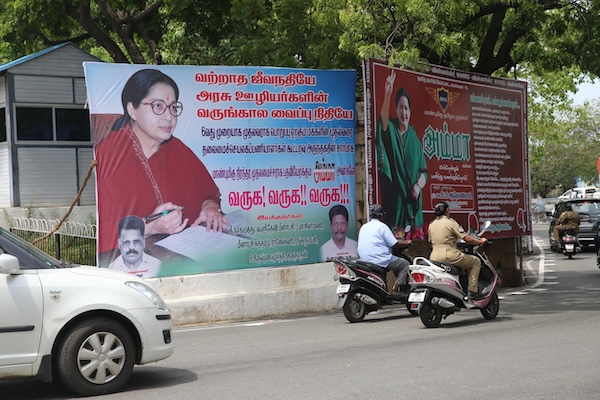.png)

Krishnadevan is Editorial Director at BasisPoint Insight. He has worked in the equity markets, and been a journalist at ET, AFX News, Reuters TV and Cogencis.
February 28, 2025 at 3:33 AM IST
India’s consumer market saw explosive growth when Chinni Krishnan introduced affordable sachets of talcum powder and Epsom salt in the 1970s. This "sachetisation" made luxury products accessible, and a similar opportunity is now emerging in financial markets. The Securities and Exchange Board of India aims to replicate this success by promoting micro systematic investment plans in mutual funds to promote financial inclusion. Yet, a bolder opportunity lies in fractional share trading. By enabling direct ownership of high-value equities through bite-sized purchases, India could ignite its next great wealth-creation wave—provided regulators seize the moment.
SEBI's consultation paper proposes reducing the minimum SIP threshold to ₹250, lowering the barrier for investors deterred by high costs and complex procedures. The scheme envisions discounted charges, streamlined KYC processes, and distributor incentives. While laudable for making investing more accessible, this mutual fund sachetisation still shackles retail investors to intermediaries.
Ownership and Agency
Fractional share trading allows retail investors to purchase a portion of a stock. Unlike mutual funds, it grants investors direct ownership, proportional dividends, and voting rights (subject to regulation). This fosters a better understanding of financial markets through hands-on engagement.
BSE data shows a 41% year-on-year rise in registered investors, including in the Andaman and Nicobar Islands, as of Feb 27, 2025. The total number of registered investors in India stood at 46.54 million, up 28.39% year-on-year. AMFI data shows just over 206 million retail investor accounts. This underscores the growth opportunity in financial participation.
Enhanced Liquidity
The equity market operates on real-time pricing; mutual funds settle at end-of-day NAVs. Fractional shares let investors capitalise on intraday swings, enhancing market depth and liquidity. They also offer lower transaction costs compared to mutual funds, which levy management fees and distribution charges. For Gen Z investors and low-income cohorts, this difference could compound significantly over time.
Portfolio Diversification
Small investors struggle to diversify due to the high cost of individual stocks. Fractional shares allow them to spread investments across multiple companies, industries, and sectors, managing risk and optimising returns. While mutual funds already enable fractional ownership through units, direct stock investments remain out of reach.
The US has successfully integrated fractional share trading, allowing investors to buy portions of high-value stocks. India’s tech-savvy brokerages are primed to adopt this model. Imagine an initial portfolio worth just ₹1,000 spanning the likes of Reliance Industries, HDFC Bank, TCS, and Hindustan Unilever.
Navigating Regulatory Hurdles
However, the transition to fractional share trading is fraught with challenges. The current market infrastructure doesn't support fractional orders, and SEBI would need to develop frameworks for trade settlement, dividend allocation, and fractional voting rights.
SEBI rejected one such application in 2021 by stockhissa.com and Zerodha. The Company Law Committee recommended amending the Companies Act to permit fractional shares in 2022, but SEBI and the Ministry of Corporate Affairs have yet to finalise changes. Changes may also be necessary in the Depositories Act, 1996, the Securities Contract Regulation Act, 1956, and related acts.
Implementing fractional trading would need regulatory innovation. Trading infrastructure must be enhanced to accurately track fractional ownership. Brokerage platforms will have to build user-friendly interfaces. SEBI would need to establish clear guidelines for issuance, trading, and settlement to ensure investor protection and market integrity, including disclosure requirements, voting rights, and taxation.
Risk management measures are essential, requiring brokerage firms to implement protocols for fair pricing, dividend distribution, and efficient voting processes. However, with financial technology and a proactive regulatory stance, these challenges are not insurmountable.
A Vision for the Future
While sachetisation of mutual funds is a step toward financial inclusion, direct investment through fractional shares promises a significant leap towards democratising access while aligning India with global market practices. Yes, the path is thorny, but so was sachetisation in the 1970s. By embracing fractional trading, India can transform its stock markets from a privileged arena into a participatory democracy. The next revolution awaits; regulators only need to greenlight it to unlock unprecedented wealth creation.




